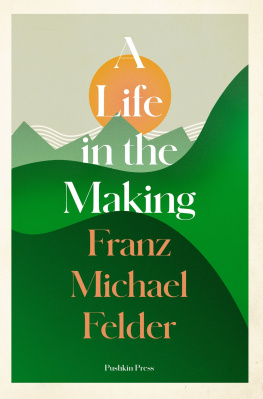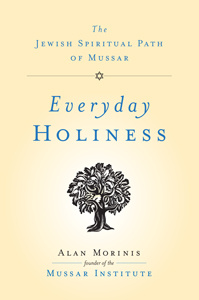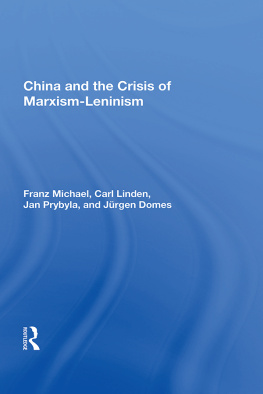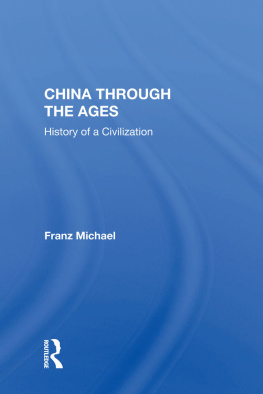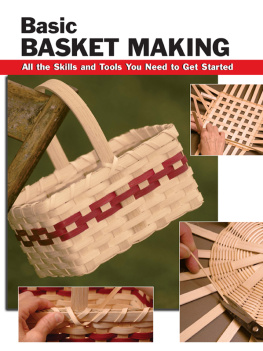Franz Michael Felder - A Life in the Making
Here you can read online Franz Michael Felder - A Life in the Making full text of the book (entire story) in english for free. Download pdf and epub, get meaning, cover and reviews about this ebook. year: 2021, publisher: Steerforth Press, genre: Non-fiction. Description of the work, (preface) as well as reviews are available. Best literature library LitArk.com created for fans of good reading and offers a wide selection of genres:
Romance novel
Science fiction
Adventure
Detective
Science
History
Home and family
Prose
Art
Politics
Computer
Non-fiction
Religion
Business
Children
Humor
Choose a favorite category and find really read worthwhile books. Enjoy immersion in the world of imagination, feel the emotions of the characters or learn something new for yourself, make an fascinating discovery.
- Book:A Life in the Making
- Author:
- Publisher:Steerforth Press
- Genre:
- Year:2021
- Rating:5 / 5
- Favourites:Add to favourites
- Your mark:
- 100
- 1
- 2
- 3
- 4
- 5
A Life in the Making: summary, description and annotation
We offer to read an annotation, description, summary or preface (depends on what the author of the book "A Life in the Making" wrote himself). If you haven't found the necessary information about the book — write in the comments, we will try to find it.
A Life in the Making — read online for free the complete book (whole text) full work
Below is the text of the book, divided by pages. System saving the place of the last page read, allows you to conveniently read the book "A Life in the Making" online for free, without having to search again every time where you left off. Put a bookmark, and you can go to the page where you finished reading at any time.
Font size:
Interval:
Bookmark:
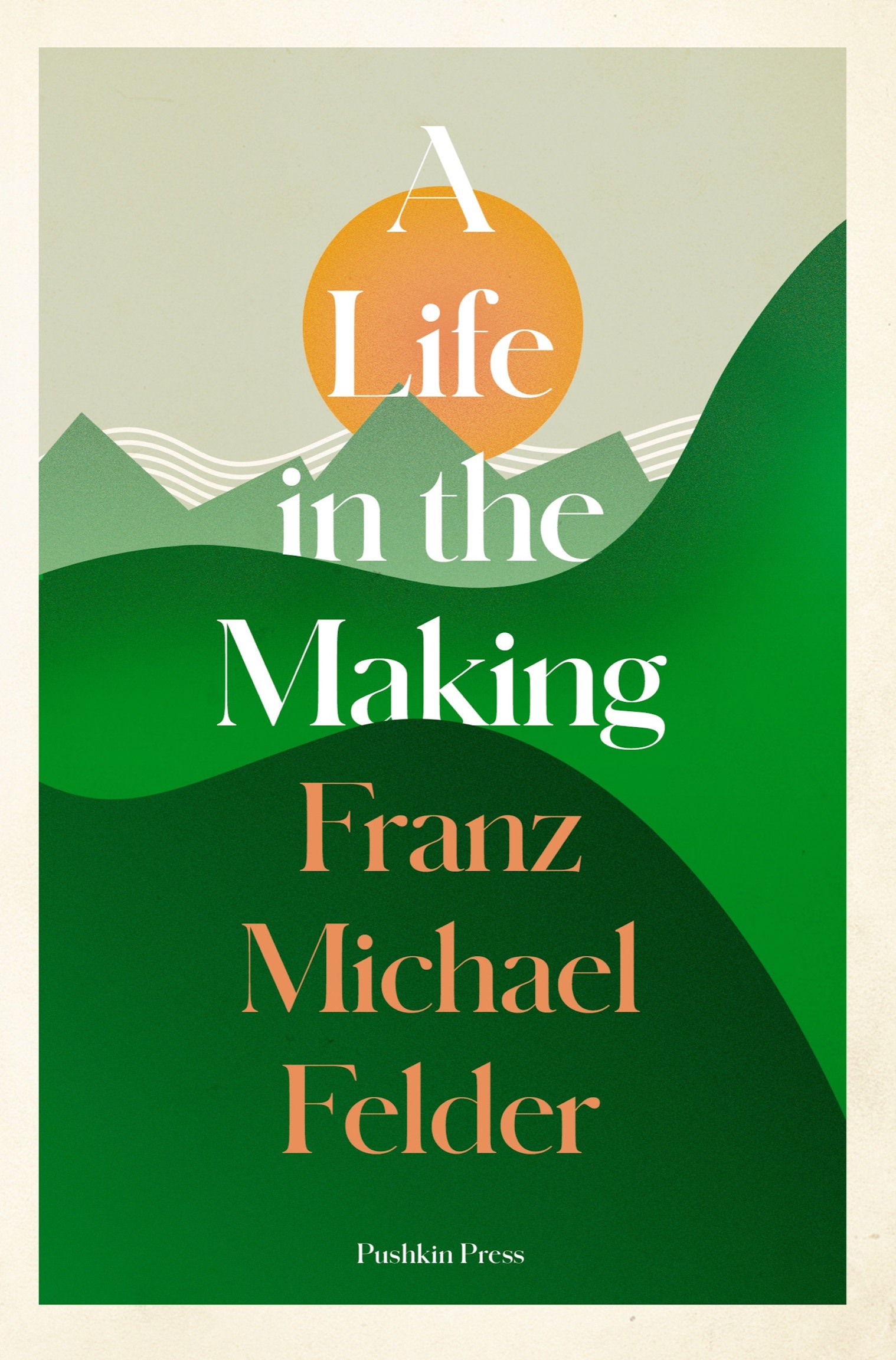

B etween six and seven o clock in the morning, on 13th May 1839, I arrived in the world at Schoppernau, the last village in the Bregenzerwald. What heavenly sights were to be seen, and during what phase of the moon I arrived, my father did not record. The day must have been a fine one, though, because our labourers had been sent out to perform their first task in the fields, which was muck-spreading.
My cries, however, were so pitiful, and I was obviously so unhappy to have entered the world, that everyone was seriously concerned that I wanted nothing more than to follow my brother Josefwho had been born two years earlierup into heaven, where I too would turn into a little angel.
Even my godmother would not have liked that because, thanks to my little brother, she already had what every godmother longs foran innocent advocate to plead her case before God.
My father, however, was even more concerned about the sickly child. He felt no desire at all to go muck-spreading. After breakfast he actually sent the labourers home with a full days pay, and the hard-working, stingy neighbours could say what they liked.
Later, when I grew and thrived and behaved like any normal child, apparently he often used to say he thought it was a bad omen that the moment I arrived, I caused so much trouble that Id kept him away from his work and shattered his daily routine. He was afraid that I would never become a proper farmer. This would make him very unhappy. If not by farming, how else could any poor person earn a living amid these mountains in the gloomy confines of the Ach Valley?
Oral tradition has it that the Felder family is descended from a Magyar prisoner who swiftly became extremely popular during his captivity. It appears that he moved from the Swabian side of Lake Constance to the mountains, where he lived from 924 until 954, because he had fallen so deeply in love with a girl from the Black Forest that he preferred to run away with her and live under a German name, in what was then the still uninhabited Bregenzerwald, rather than share the fine fruits of hard German labour with his uncivilized fellow countrymen. Of course, evidence of all this would be difficult, if not impossible, to find.
Nevertheless, it is a strange fact that this tale alone has rooted in peoples minds the firm belief that we came originally from the Black Forest. And so even today, anyone whose shirt bears a name beginning with Fthat is to say, Felderis regarded as a peculiar outsider, a maverick from birth.
It may well be that this actually caused some Felders to become peculiar mavericks, because anyone who has been condemned or marginalized by public opinion, and who is not totally lacking in self-esteem, may all too easily try to oppose this almighty force which for so many constitutes the one and only guide for life.
Of the many children whose birthdays my grandfather had recorded on the last page of our 300-year-old Lives of the Saints, my father was the oldest survivor. At a very early age, he had to take over from his ailing father the difficult and physically demanding task not only of managing the large, unwieldy farm, but also of running the household. This was made all the more arduous by the fact that my grandfather was generally believed to have pawned every object he could lay his hands on. The old records appear to offer very little evidence to the contrary. The thickness of the line that my father drew through each paid-off debt suggests just how much blood, sweat and tears it cost him. On the other hand, his hard work increasingly earned him the trust of the villagers and the respect even of those who because of their financial and family status were, not unjustly, known as the aristocracy. And so the man who initially had been looked down on by everyone must have felt a good deal better about himself. All the same, he remained faithful to the poor, hard-working girl who had for so long remained faithful to him, and therefore it was in vain that those born with silver spoons in their mouths now smilingly invited him to enter their fine houses. He was fiercely independent, and for ten years he worked tirelessly, so that he would be able to bring his bride into a household that was fit for purpose.
This finally happened in 1836, just after Easter, when Jakob was thirty-one and my mother five years older. On the back of an old expired bond, in my fathers handwriting, is a list of all those who attended the wedding feast. There is also a note that his first child was born in 1837, but the Heavenly Father had quickly taken him to be one of His angels. This was all the more reason for the fearfulness with which they nursed me, and Aunt Dorothe, my godmother, has often told me how after practically every meal they would add to their prayer a special Paternoster for me.
It is from this auntmy fathers youngest sisterthat I have learnt most of what I know about the first years of my life. She lived with us and was my nursemaid when my mother was helping my father out in the fields. She herself suffered from a disease that affected her limbs, and so she could only do things like embroidery or very light farm work. Looking after me might well have been too much of a strain on her at times, but she always took great pleasure in whatever she was able to do. For someone who had been used to living and working in the open air, it was a real comfort to spend the seemingly endless summer days with me.
Once I had learnt to walk, she would watch each step with the anxiety of the sick person who, in the light of her own weakness, sees stress and danger in someone elses every movement. This anxiety increased still further when my ever-watchful observer discovered that I was short-sighted. What was initially just a small white spot in my right eye began to get bigger. At first it remained a family secret. My pious mother said that only God could help, and during the sleepless nights before my birth she had offered up many a Paternoster and even whole rosaries for me. Because she had long since known that her child would become like the man from Tannberg who had been blinded by the snow. The sight of him had so terrified her that she could never forget him.
My father and his sister, my godmother, were more frightened by this piece of news than by what they had just seen for themselves. But soon they were fully occupied looking after my mother, who took the new development more and more to heart, and regarded it as an unforgivable matter of conscience that with such foreknowledge she was subjecting her son to a lifetime of unhappiness. Everyone reminded her that there was now a second child on the way that she must care for, and that she should not make this poor unborn creature suffer through her futile self-reproaches.
But such counsel, together with the moans of the relatives and the terrible tales they spread through the villagethe consequences of which the poor woman had to endure every day from all the well-meaning souls who came to comfort hersimply made her feel worse and worse. Of course, they all brought with them loads of pious grounds for hope and plenty of good advice. This and that medication and this and that doctor were heartily recommended, and there were almost aggressive demands for immediate action, bearing in mind the sacred obligations every parent had before man and God.
The more people complained, comforted, advised and instructed, the less certain my parents became about what they should and shouldnt do. And they were all the more dependent on public opinion because for themas for most country folkthe powers of the doctor were regarded as halfway towards witchcraft, and so they must have been very relieved when increasing amounts of fulsome praise began to be heaped on a doctor who was born in the neighbouring village of Au, and had just moved to a village in Tyrol.
Font size:
Interval:
Bookmark:
Similar books «A Life in the Making»
Look at similar books to A Life in the Making. We have selected literature similar in name and meaning in the hope of providing readers with more options to find new, interesting, not yet read works.
Discussion, reviews of the book A Life in the Making and just readers' own opinions. Leave your comments, write what you think about the work, its meaning or the main characters. Specify what exactly you liked and what you didn't like, and why you think so.

